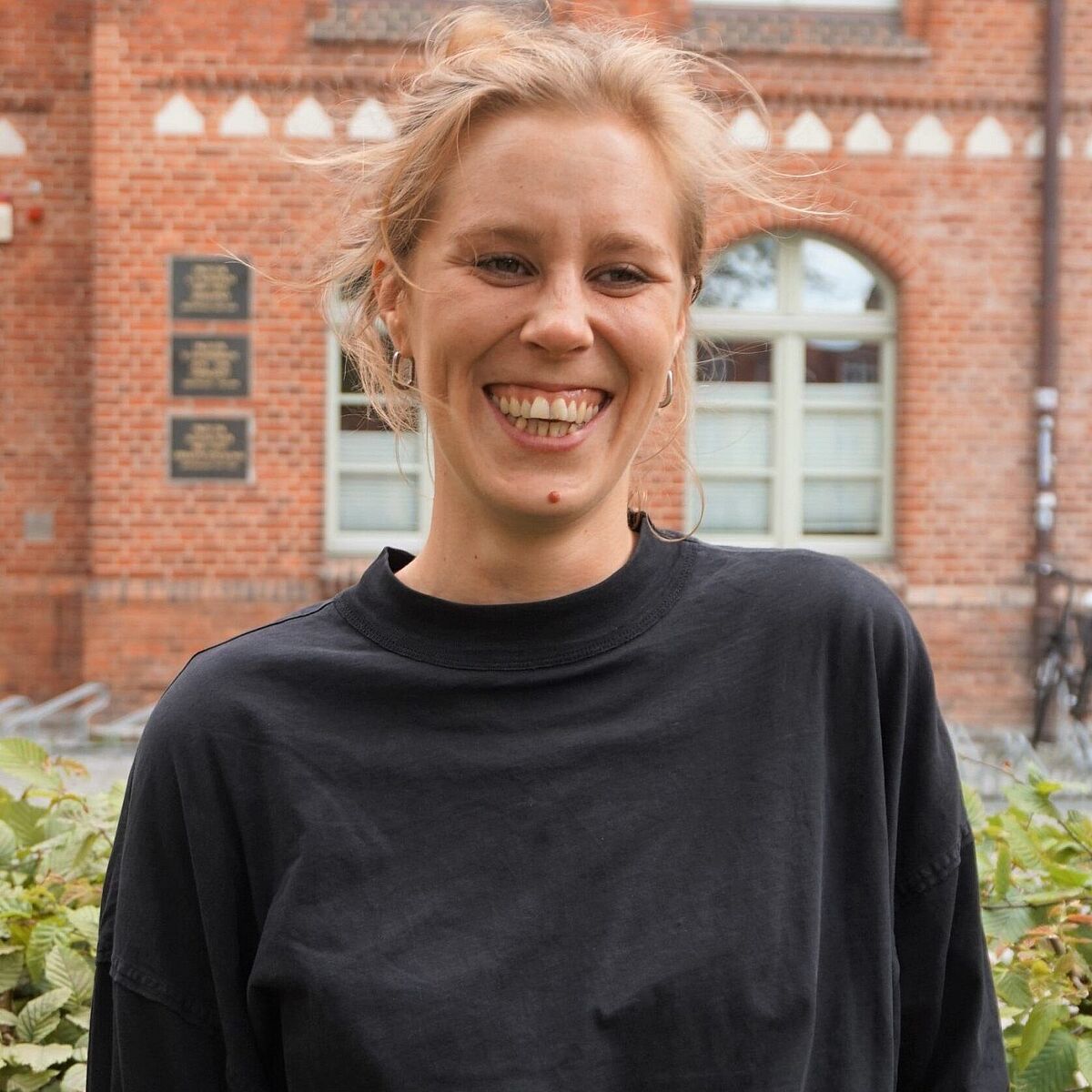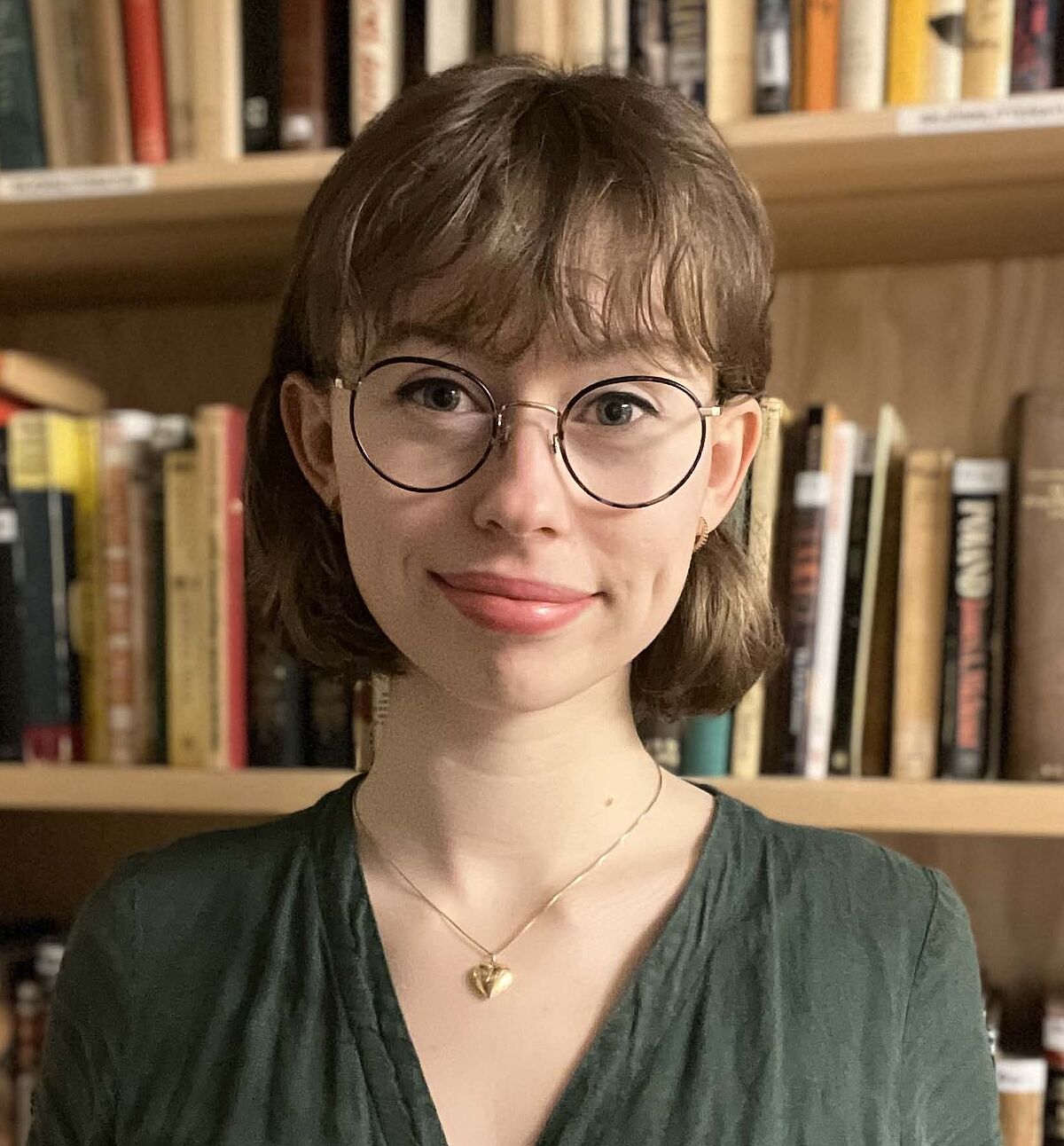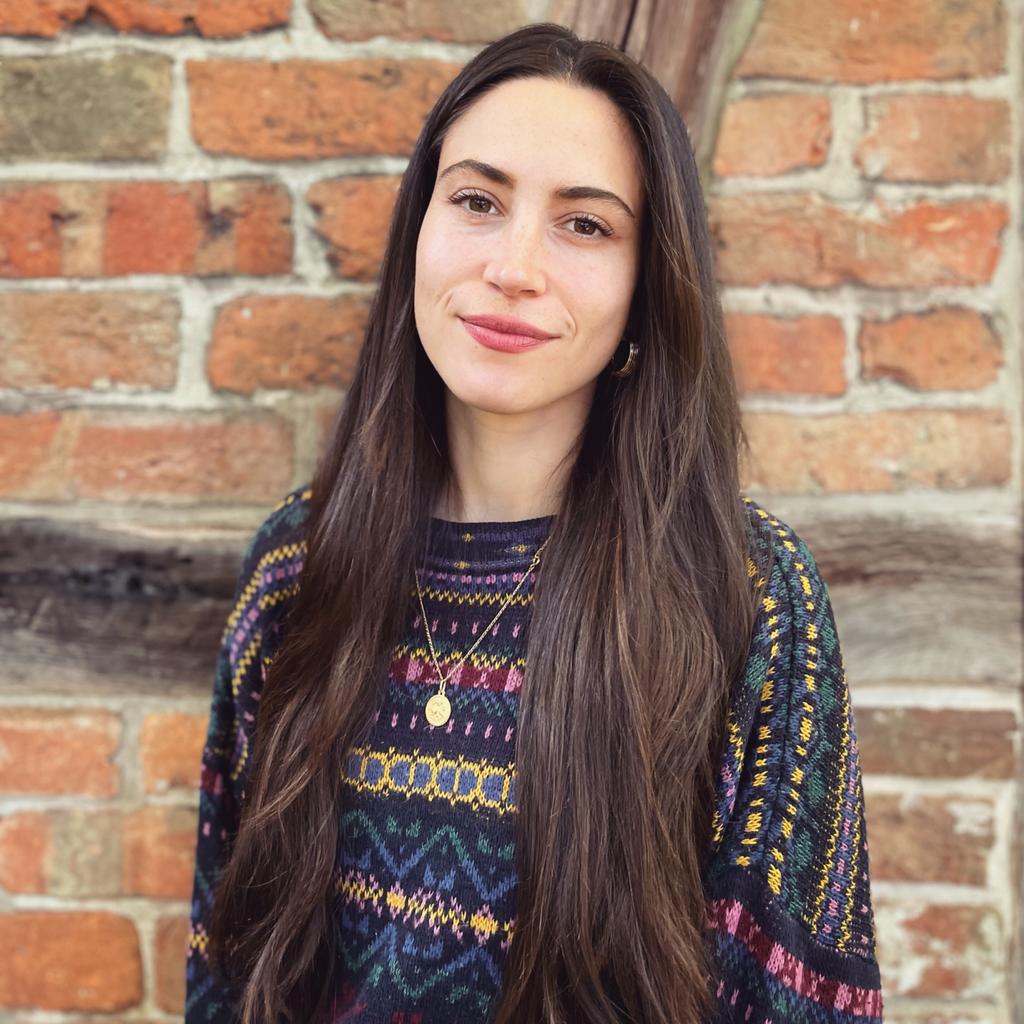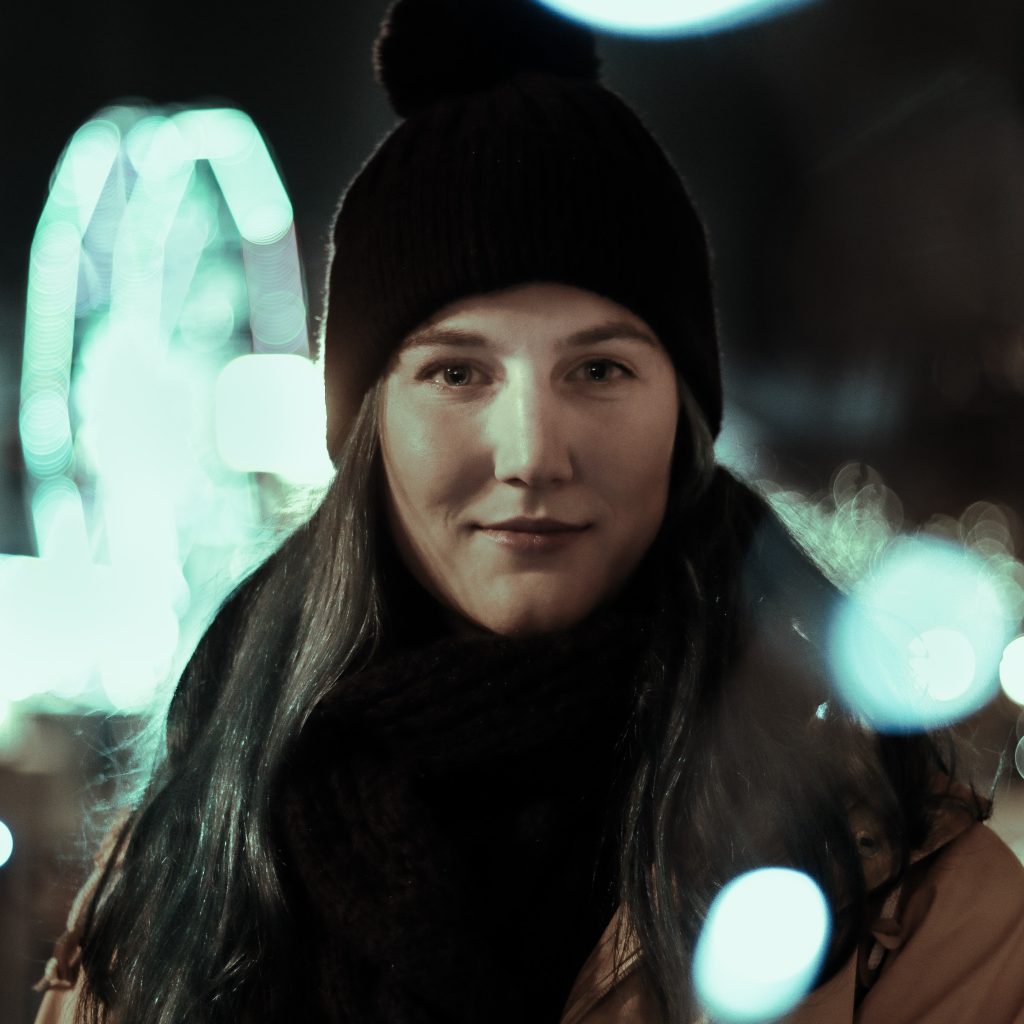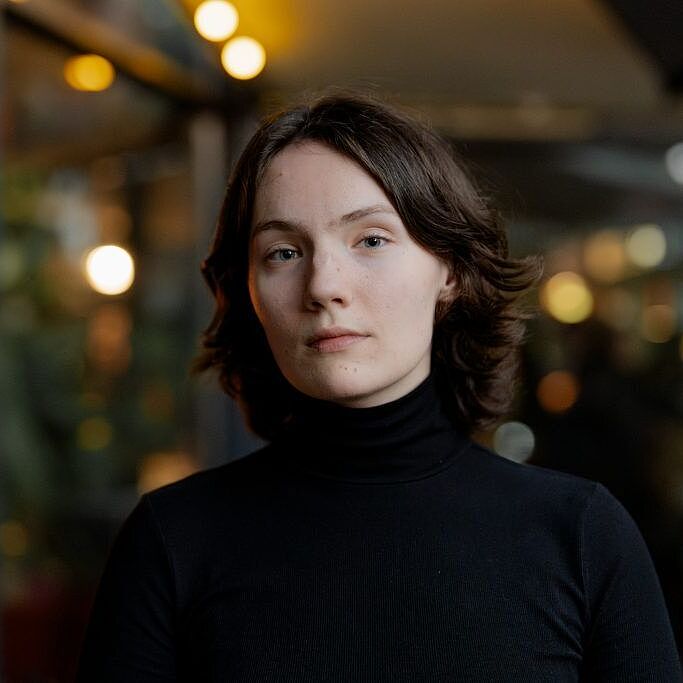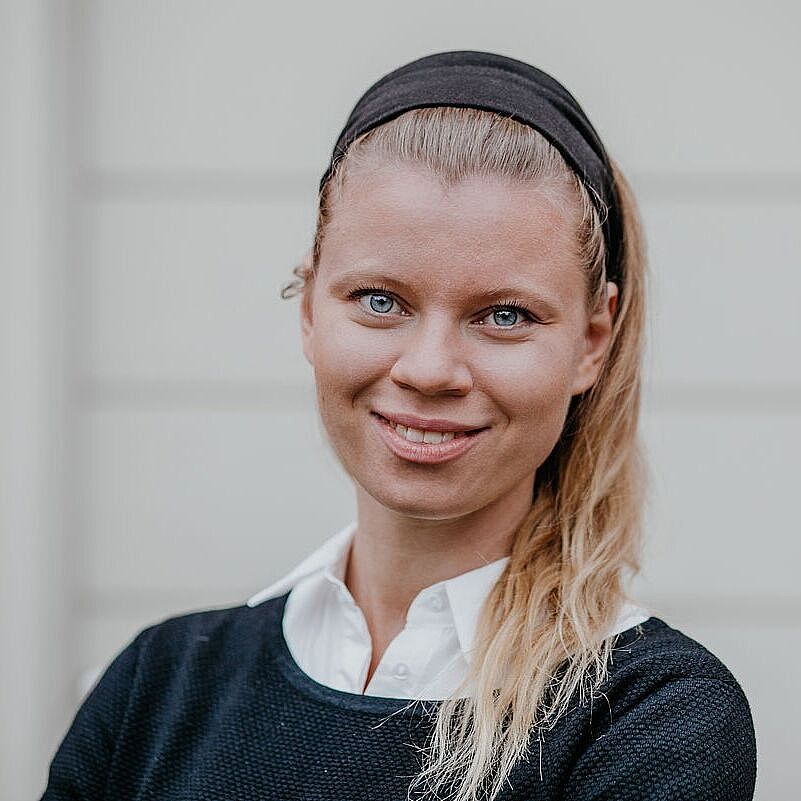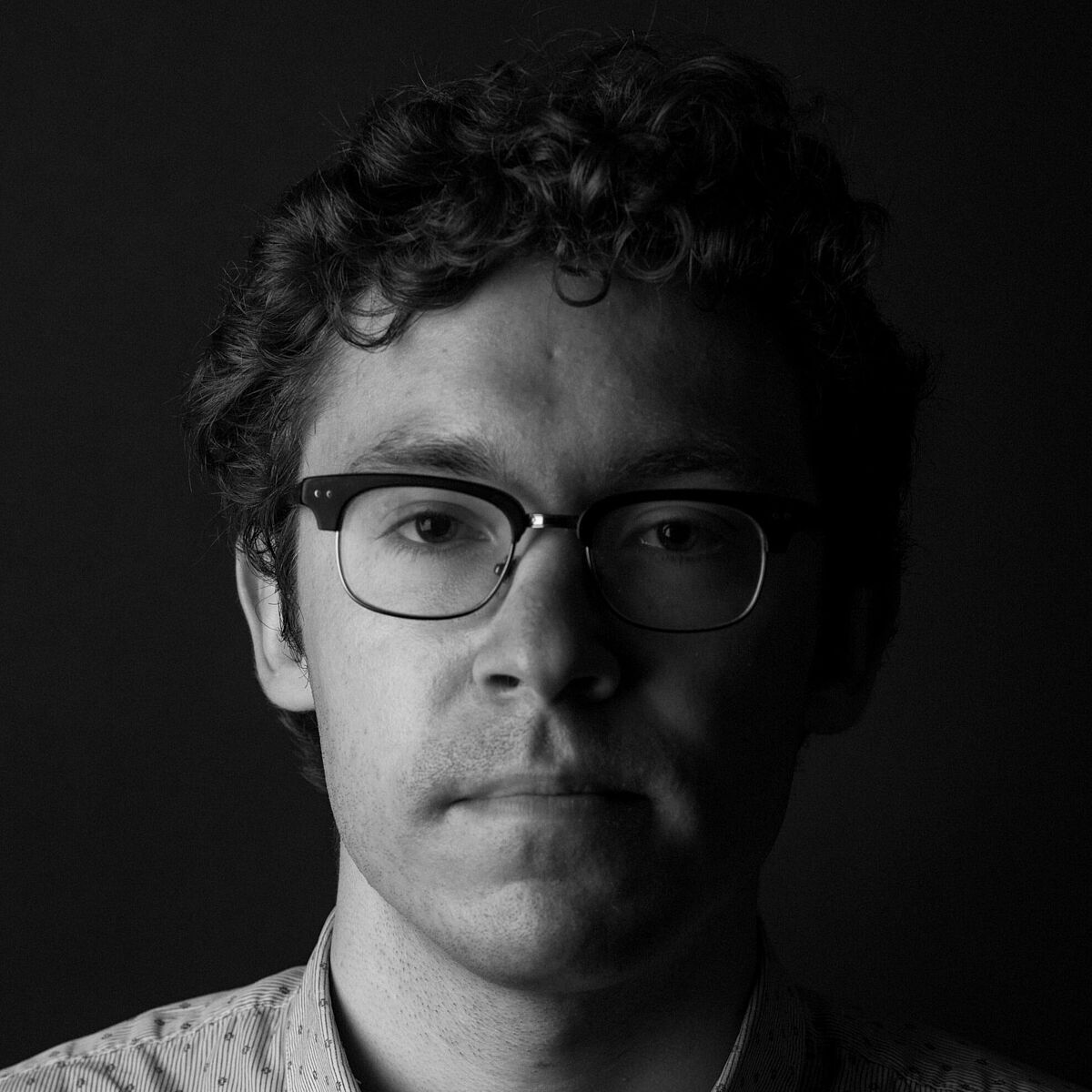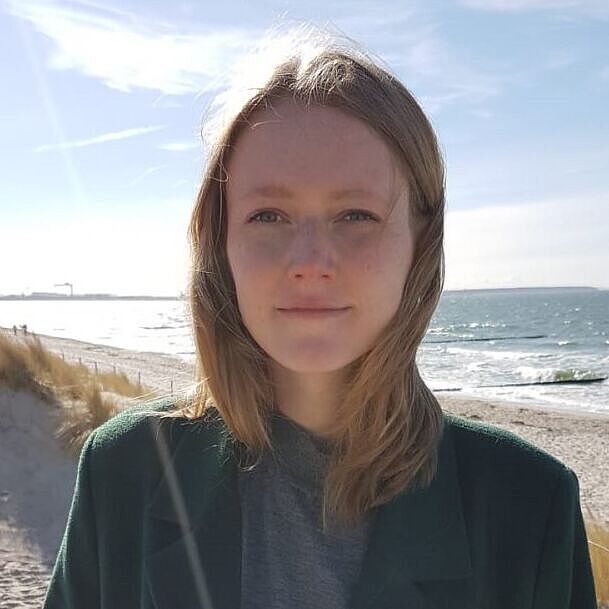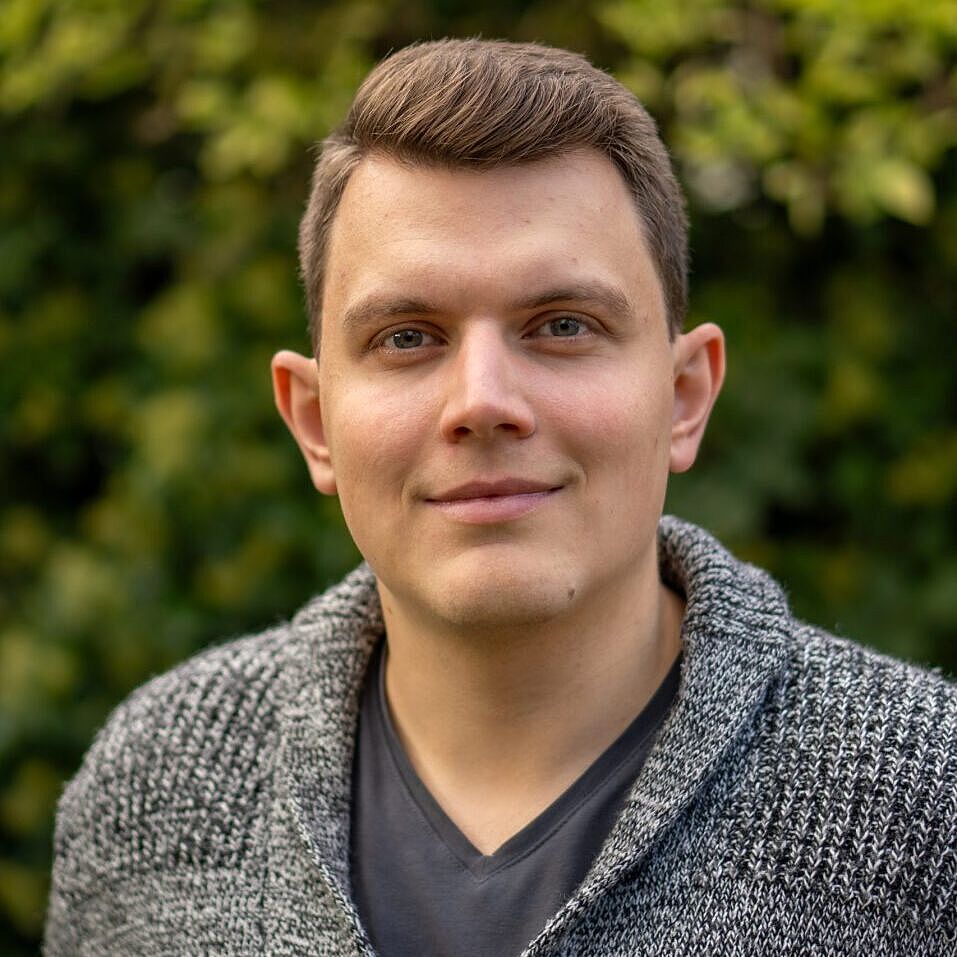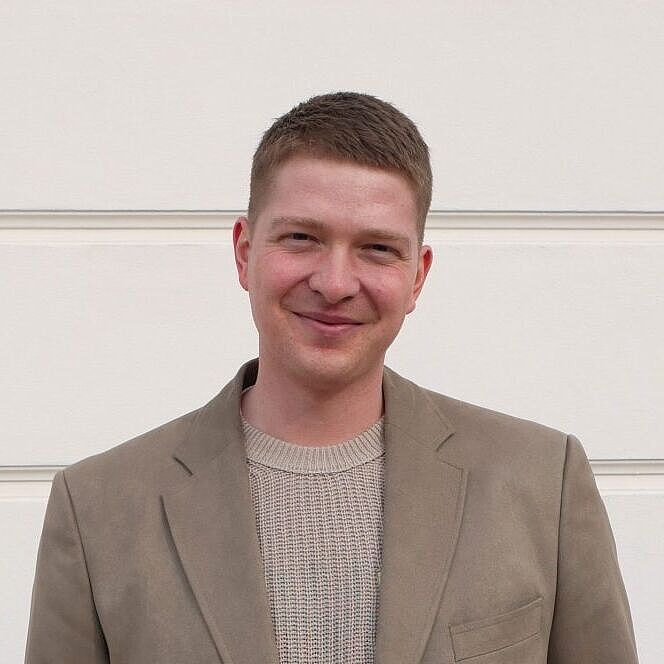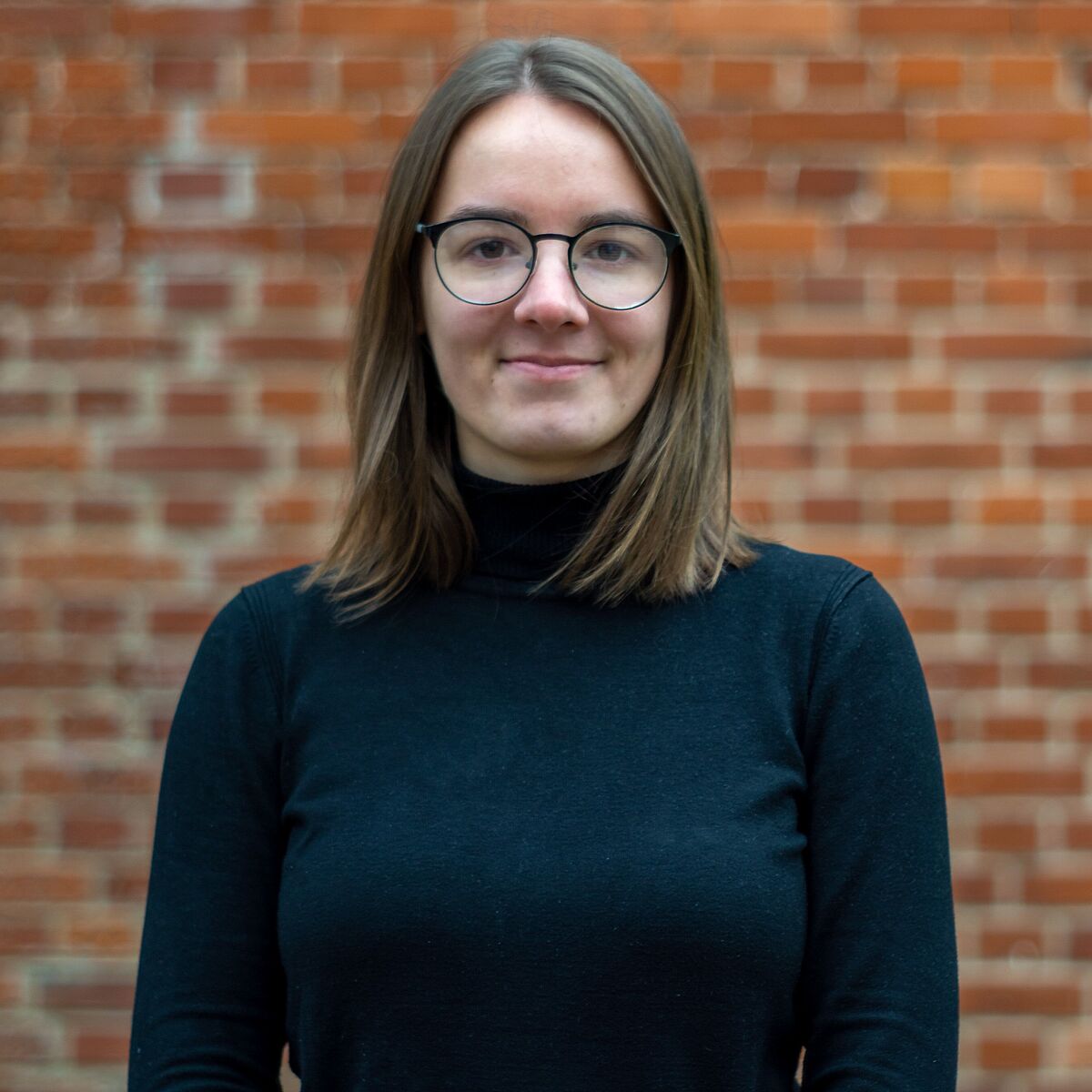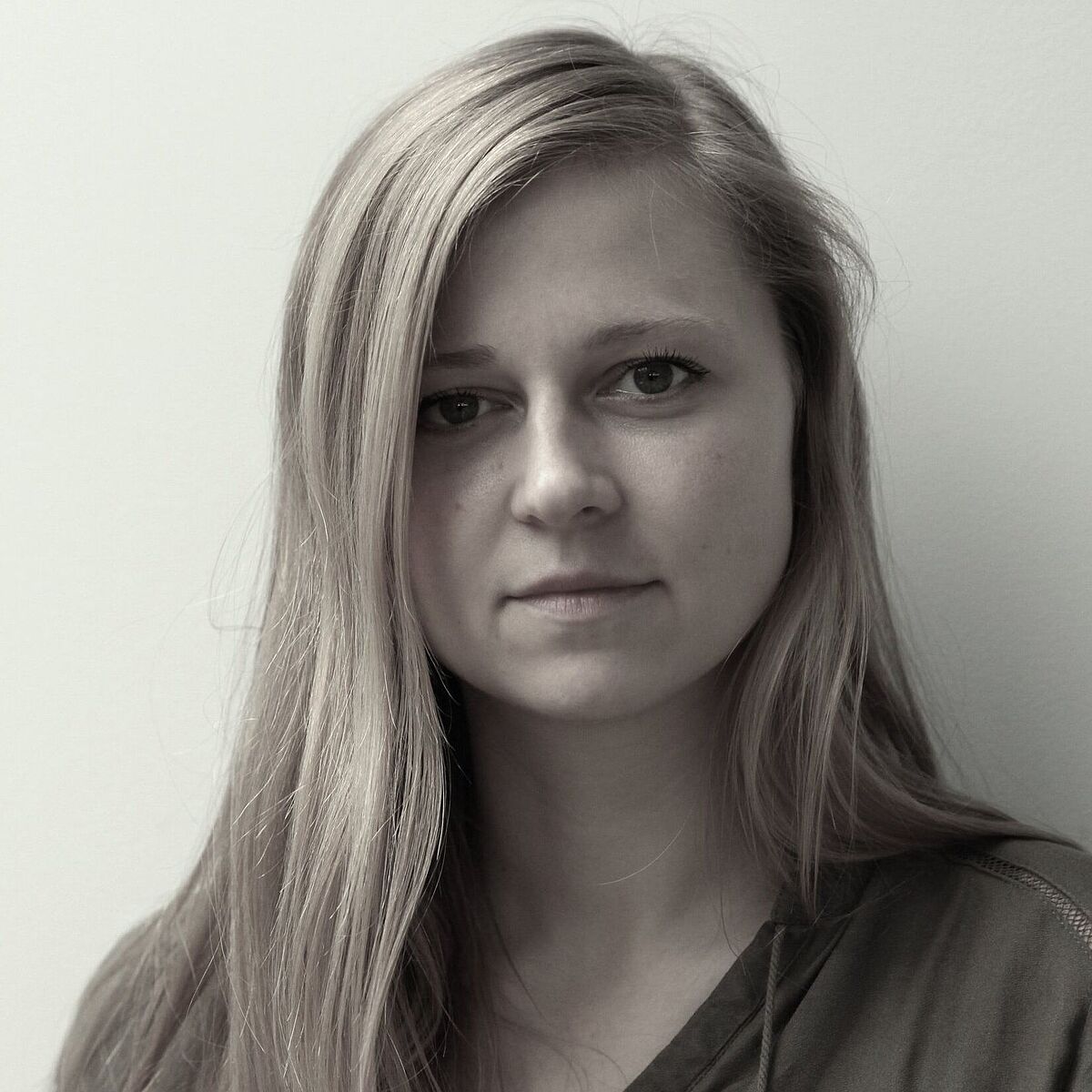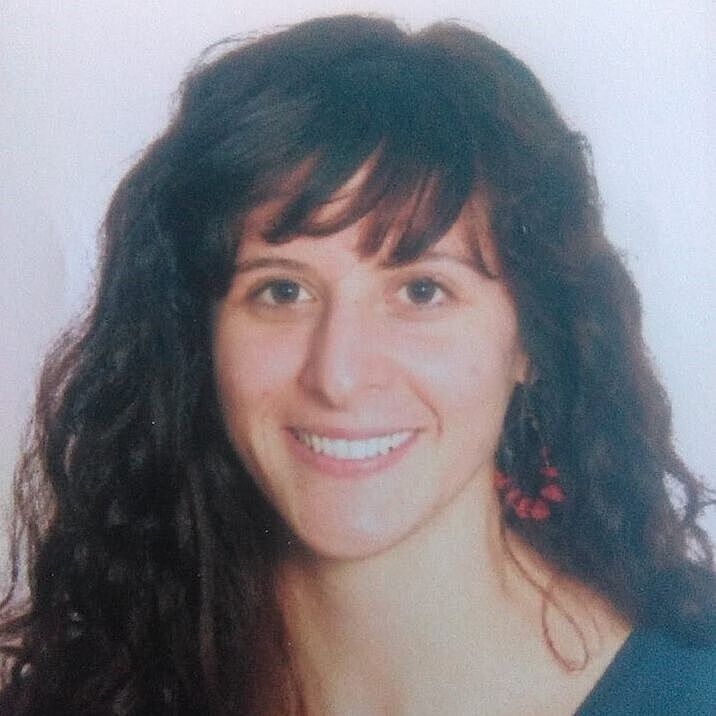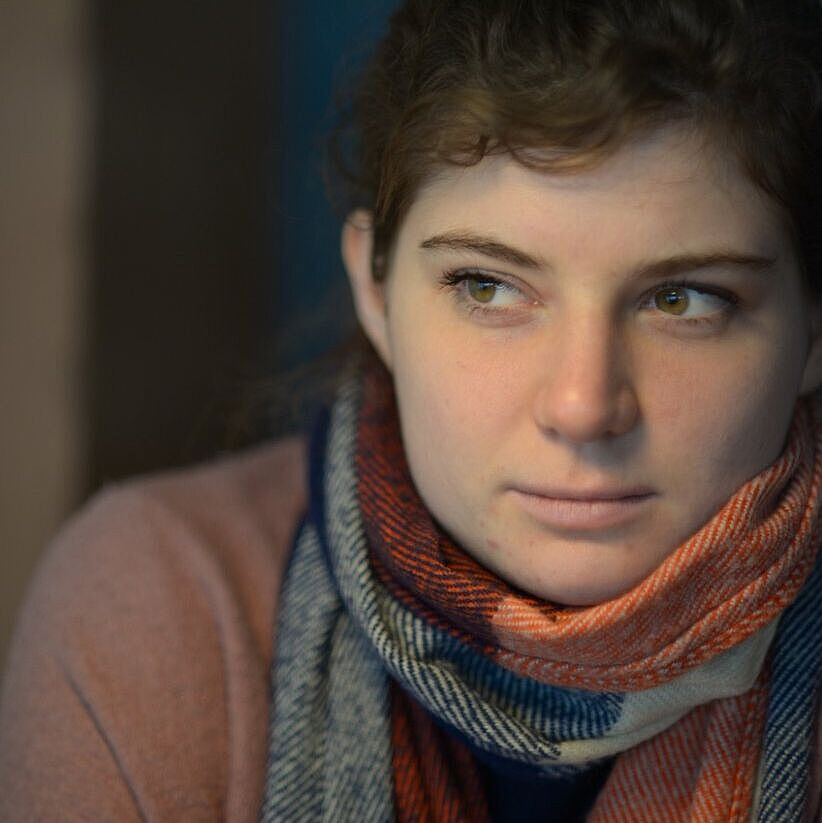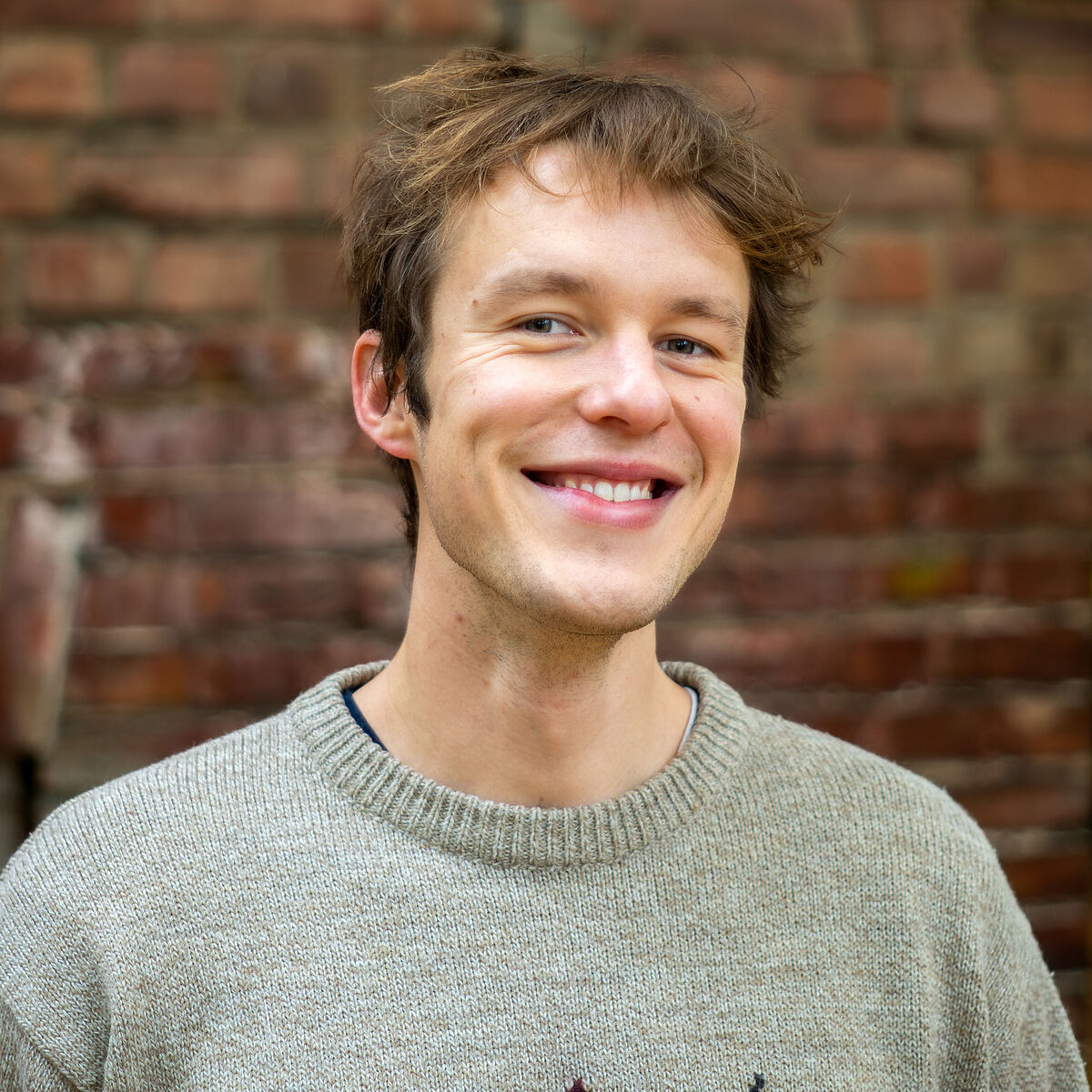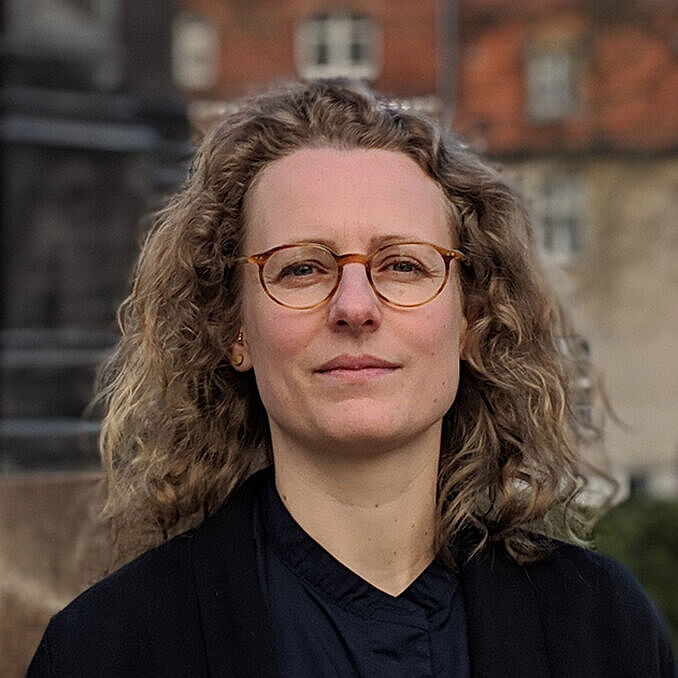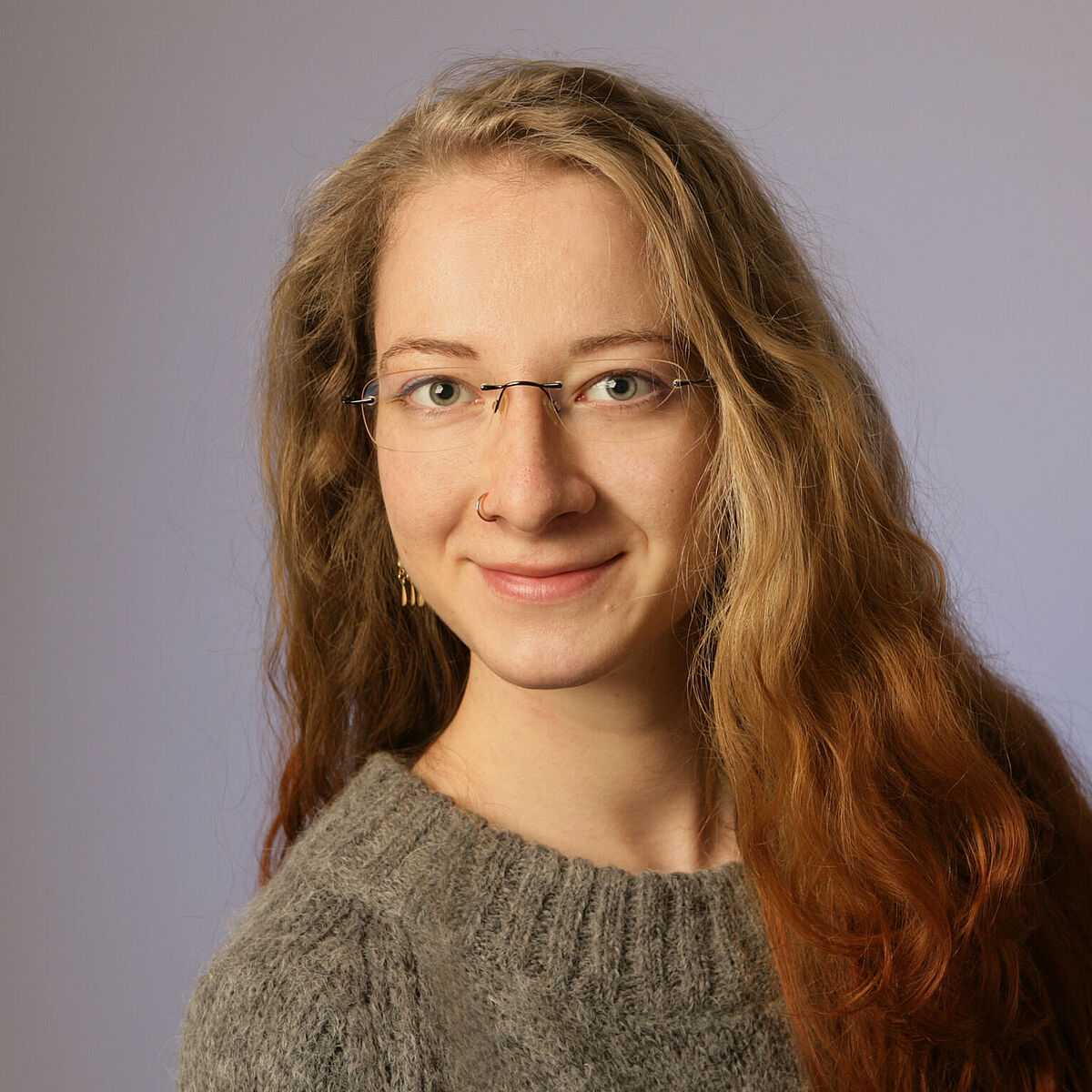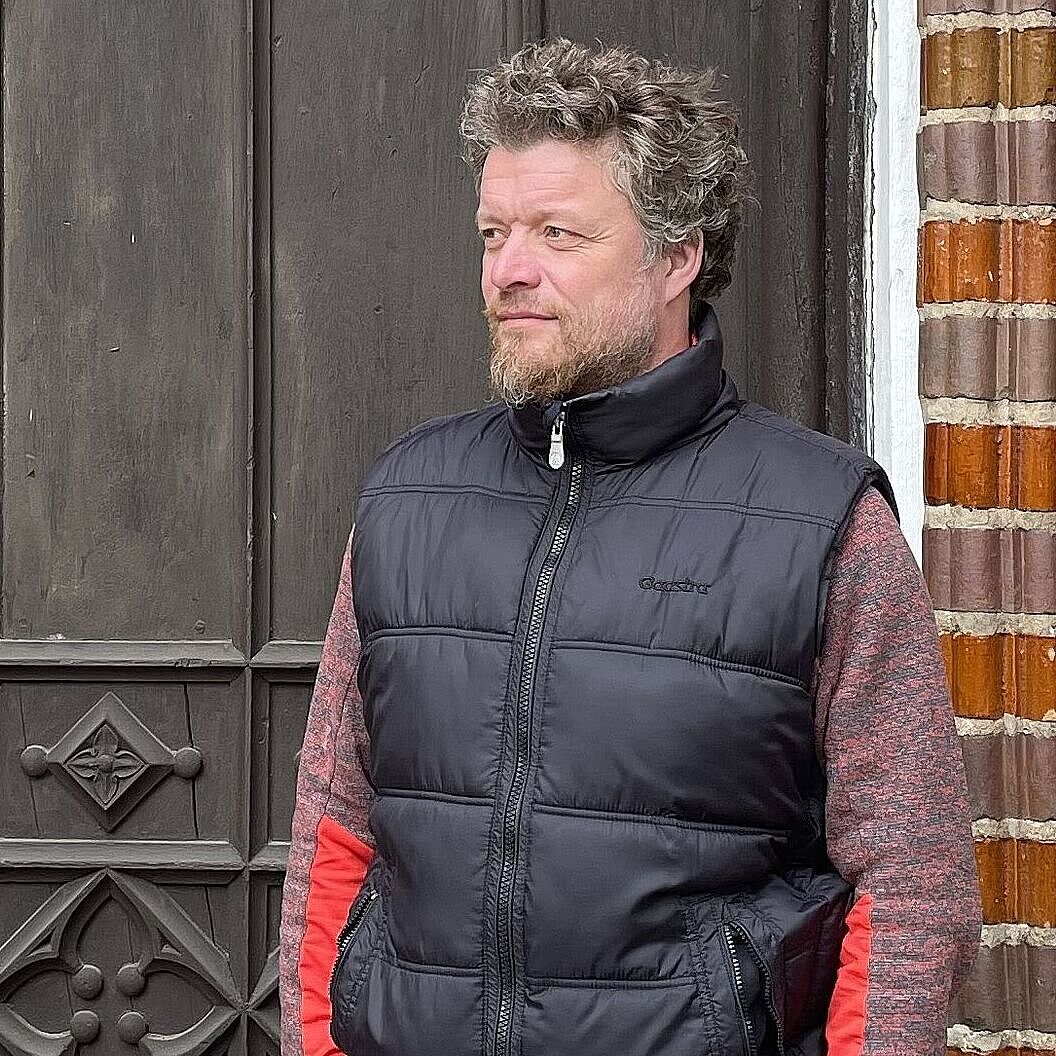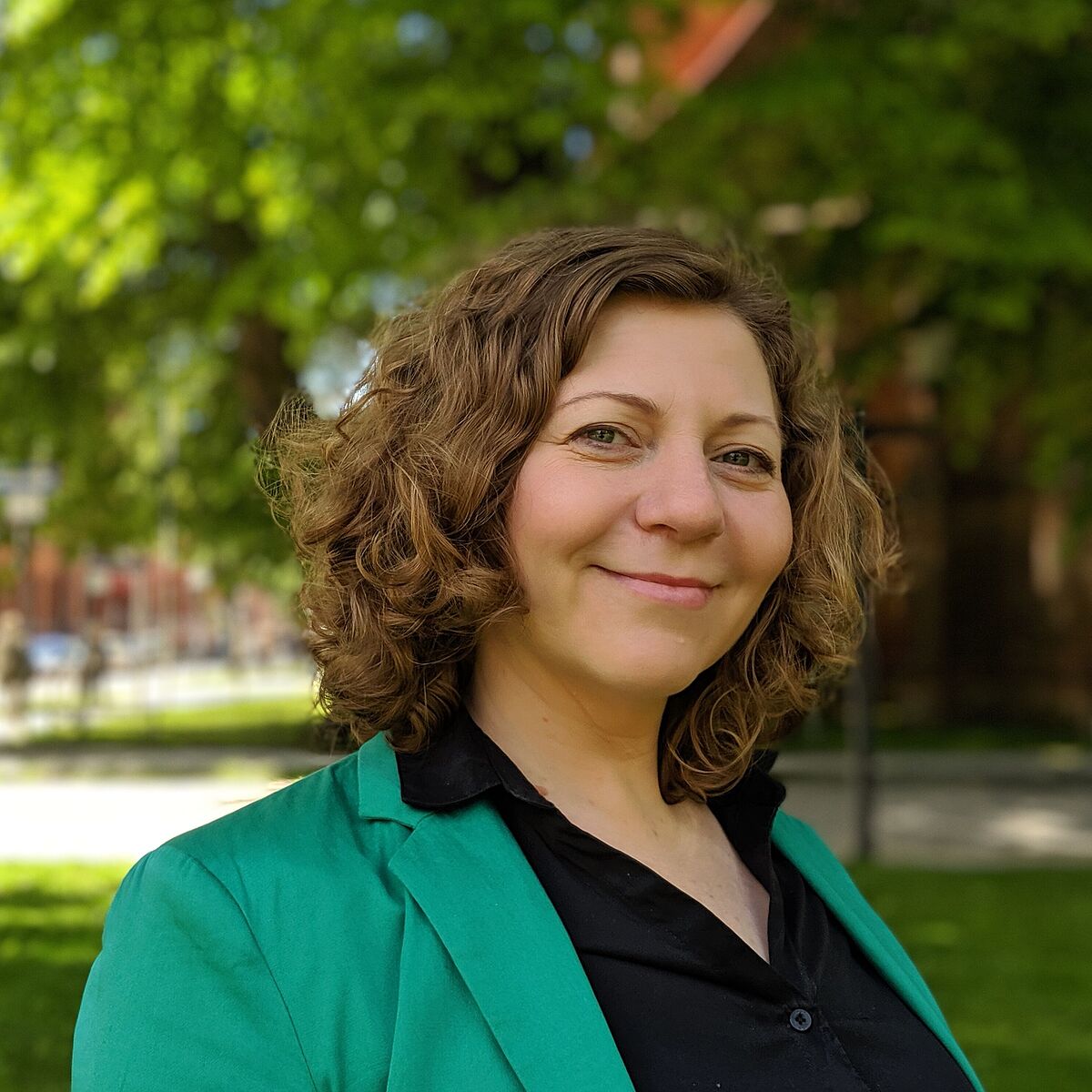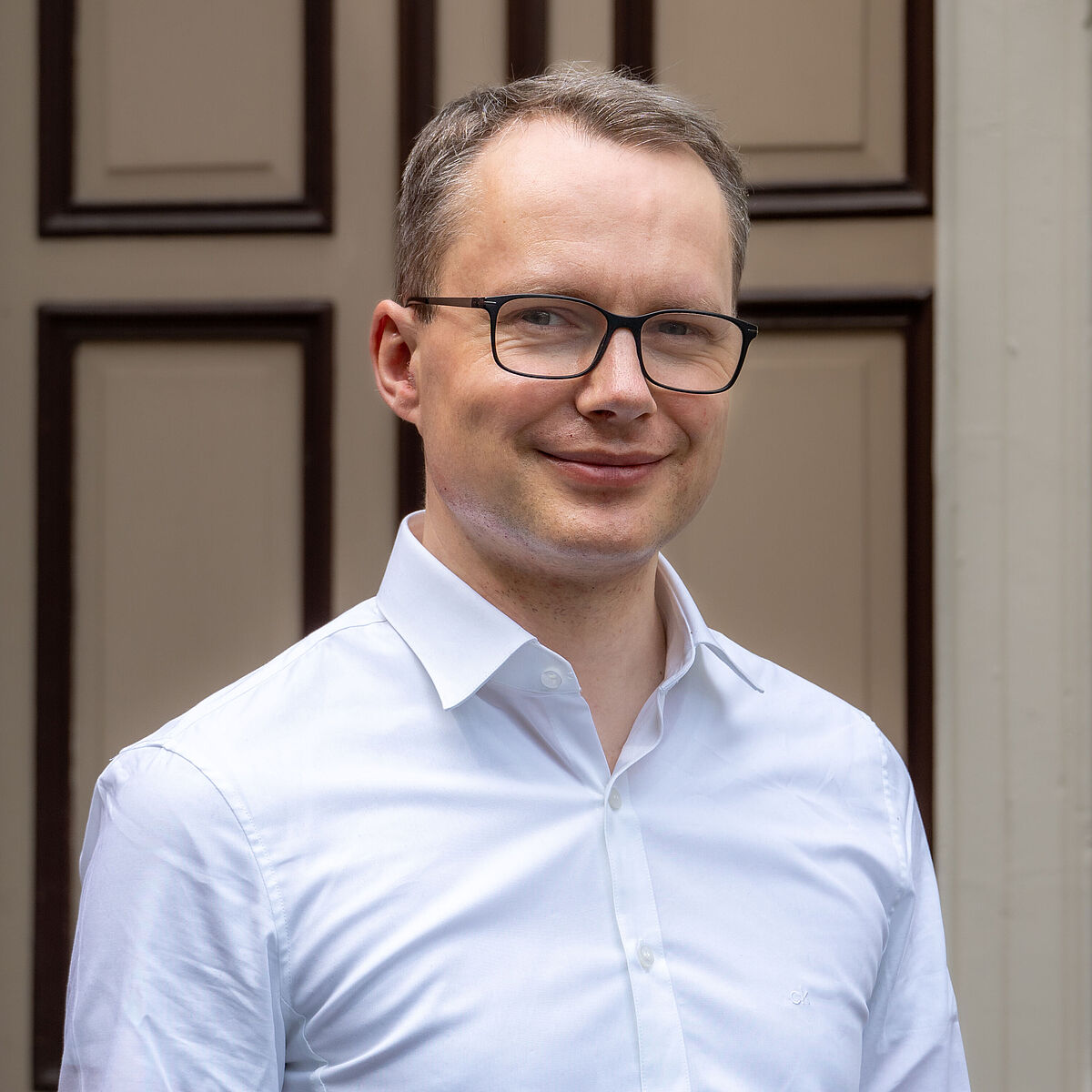“Baltic Peripeties. Narratives of Reformations, Revolutions and Catastrophes” is an International Research Training Group (IRTG) at the Universities of Greifswald, Tartu and Trondheim, that the DFG has been funding since April 2021. Via the Aristotelian concept of “peripetia”, the central turning point in a narrative, the interdisciplinary network of almost 40 participating academics investigates narrative constructions of events, upheavals and catastrophes in the Baltic Sea region.
The PhD project examines how generations of the Russian minority in Estonia perceive political narratives from both Russia and Estonia. It explores how socialisation, historical experiences, and socioeconomic factors influence these perceptions, focusing on narratives such as “Russophobic West” and the “ethnic divide”.
Lingua in manibus: viipekeel ja žest keskaegses kloostrikultuuris
[Lingua in manibus: sign language and gesture in medieval monastery culture]
Monastic sign languages were used in medieval Europe, particularly in monasteries following the Benedictine rule, to communicate when speaking was forbidden. These signs, used mainly in refectories and dormitories, can offer insights into medieval international communication and connections between monastic communities.
This Ph.D. project investigates the literary-geographical significance of the Norwegian coast town in the Modern Breakthrough, focusing on authors like Bjørnson, Ibsen, and Kielland. The project combines quantitative “distant reading” with close readings of Kielland and Jonas Lie, exploring coastal communities’ role in realism and social critique.
This PhD thesis explores post-Holocaust restitution in Norway, focusing on the human significance of property and the challenges of rebuilding Jewish Norwegians’ lives. Through a database of 2,000+ individuals, I analyse the Norwegian government’s response to genocide and the difficulties survivors faced in restitution.
This doctoral project analyses the competing narratives surrounding “August 23rd”, the European Day of Remembrance for the victims of totalitarian regimes. It investigates how this day, commemorating the Molotov-Ribbentrop Pact, is debated, particularly in the Baltic Sea region, as a symbol of memory conflicts and historical authority.
This project explores changes in Soviet memory culture in Lithuania, focusing on museum representations of the Soviet past in light of Russia’s war against Ukraine. It analyzes how the war has influenced the re-evaluation of historical remnants, such as statues and plaques, and shifts in museum narratives.
This doctoral project explores the overlooked Sámi war history during World War II, focusing on their portrayal in National Socialist racial ideology and their interactions with German occupying forces. It examines Sámi resistance, collaboration, and the broader impact of the war on Sámi communities in Northern Norway.
The Representation of Historical Crimes in the Graphic Novel. A Comparative Study of Perpetrator and Victim Narratives of the “Third Generation”
This thesis examines how graphic novels by the third generation in postmemory depict the Holocaust and the Gulag. The project explores the narrative voices, historical authenticity, and representation of victims and perpetrators, offering insights into how these events are conveyed through multimodal texts.
This PhD project analyses life writing on ByNet (Belarusian Internet) as both literary and historical documentation, focusing on the civil movement post-2020 election fraud. It explores the development of Internet auto/biographies, online censorship, and digital subjectivity using web scraping and counter-archiving.
The research examines the relations between the Baltic States and Russia, focusing on how international crises involving Russia affect the security architecture in the Baltic Sea Region. It explores the securitisation of Russia in Baltic narratives and the influence of historical memory on these narratives.
Sich das Land erschreiben: Die DDR als Erinnerungsraum in der deutschen Literatur der 1990er Jahre und des beginnenden 21. Jahrhunderts
This study focuses on novels by female authors born in the GDR in the 1970s (e.g., Antje Rávic Strubel), examining how space and traces of the GDR are depicted. Strubel’s layered writing style explores themes of homelessness, desire, sexuality, and identity, all linked to real-life locations and spatial representations.
This PhD project explores how Kaliningrad’s ethnic Russian residents interpret the memory of German Königsberg. Post-WWII, the region was integrated into the Soviet Union, suppressing interest in its German past. Today, this memory is transmitted through urban representations, museum exhibits, and oral stories.
This research explores the role of arts in Baltic exile communities post-WWII, focusing on literary expressions of trauma, displacement, and identity. It examines works that address themes like assimilation, generational conflict, and wartime trauma, highlighting shared experiences across Estonian, Latvian, and Lithuanian narratives.
Health as a Happy Ending? Potentials of a Narratological Interpretation of the Concept of Disease Using the Example of the Conceptions of Disease and Health before and after the Accession of the GDR to the Federal Republic of Germany
This project applies narratological peripety to analyse definitions of disease, linking recent approaches in medical humanities with broader philosophical debates. It examines the evolution of disease definitions in Germany’s philosophy of medicine before and after reunification, exploring sociopolitical influences.
Commemorations over a Lost Home: The Examination of the Traumatic Memories of Expelled Kresy Poles from Lwów to Wrocław in Public Spaces
This thesis examines the experience of time in post-Soviet Latvian fiction, drawing on trauma studies, narrative theory, and contemporary philosophy of history. It explores concepts like melancholia, multitemporal present, and sublime historical experience, analysing their impact on narrative strategies and the ethical implications of non-linear time.
This PhD project explores the impact of the corona pandemic on public narratives about the Baltic Sea Region. Analyzing German newspaper articles, it investigates how the perception of Sweden and Mecklenburg-Vorpommern has changed during the crisis, combining narratology, discourse, and corpus linguistics.
This doctoral project analyses protest-related photographs from 1880–1918 in Germany and Sweden, focusing on labour rights, women’s suffrage, and conservation movements. It explores how these images generated narratives and counter-narratives, complementing or challenging written reports, within the context of technological and socio-political changes.
Adaptation – Konstruktion – Narration. Untersuchungen zur finnischen Musikfachsprache aus historischer, struktureller und diskurslinguistischer Perspektive
This research investigates the Finnish special language of music from the mid-19th century to the present, focusing on how Finnish linguistic features and German-influenced terminology reflect cultural narratives of Finnish national identity. Using corpus-based qualitative analysis, the study traces the development of music terminology alongside Finland’s rise as a “music nation”, exploring its role in shaping cultural self-image.
This thesis examines how Swedish parties’ references to the right-wing populist party Sverigedemokraterna (SD) have evolved between 2010 and 2024. Focusing on the established parties M and S, it analyzes speeches at the Almedalen event to uncover changes in discourse and the role of mainstream actors in legitimising populist rhetoric.
Building a Union through Crises: The EU, Crisis-induced Policy Learning and the European Integration Process, 2008–2022
This PhD project explores how the EU responds to crises and learns from them, analysing the impact on European integration. Using elite interviews and document analysis, it focuses on economic, justice, and health policy, examining how crisis management leads to policy changes and learning processes.
Natural Catastrophe as a Peripety: Change of Narratives and Perception of Historic Storm Floods in the Southwestern Baltic Sea
This PhD project investigates historic storm floods in the Baltic Sea area from 1300–1900, focusing on how these events served as turning points for coastal societies. It examines how the floods were perceived, their evolving narratives, and the long-term shift in human-nature relationships during the “Sattelzeit” period.
Latvian Folk Ornament and Mythology Nexus as a Revival: Contested Historical Layers, Visualised Ideologies, and Commodified Creativity
This thesis explores Latvian folk ornament in the context of tradition, focusing on its mythological interpretation. It examines the ornament’s visual and ideological transformations, particularly during the interwar period, Soviet occupation, and the Singing Revolution, including contested symbols like the swastika.
Tatsiana Varabei: The Baroque Architectural Heritage of the Former Grand Duchy of Lithuania: Persistence, Transformation, and Demolition, 1772–1918
This PhD project investigates the fate of Baroque heritage in the former Grand Duchy of Lithuania during the 19th century under Russian rule. It examines how political and cultural shifts, including Russification policies and church-building reforms, influenced the preservation or destruction of Baroque monuments.
This PhD research examines the coexistence of Christian and non-Christian groups, particularly the Sámi and Proto-Inuit, in medieval Greenland and Fennoscandia (1000–1550). It analyses written sources to explore perceptions of these groups by Christians and how these views influenced their interactions.
This PhD research examines the emergence of poets like Evtushenko, Voznesensky, Akhmadulina, and Rozhdestvensky during Soviet de-Stalinisation. It explores their success in official Soviet literature, their relatively smooth publication experiences, and how their work reflects socio-political changes in the 1960s.
The operatic canon as cultural heritage. Observations at national operas and regional cultural centers in the Baltic Sea region
The sub-project investigates how the concept of cultural heritage is changing the opera landscape in the Baltic Sea region. Focusing on the Royal Danish Opera in Copenhagen and the Norwegian Opera in Oslo, it analyses changes in repertoire, opera construction and public relations as well as the more open mindset towards diversity and sustainability.
The PhD project examines Soviet military legacies in Poland as part of the shared heritage. It analyses the social perception and the physical state of these sites as well as the negotiation processes of different cultures of remembrance. It uses interviews with contemporary witnesses as well as concepts from social studies and cultural studies.
The habilitation project examines the history of neighbourhoods in Germany in the 19th and 20th centuries. It sheds light on how neighbourhoods were conceived, planned and experienced, and analyses social regulation, interactions, and the representation of neighbourhoods in culture. Part of the research is the examination of social differences and cultural influences in urban and rural areas.
The project investigates maritime sites of memory in the Baltic Sea region based on the concept by Pierre Nora. It analyses how maritime sites of memory combine transnational and national dimensions and shape the design of cultural landscapes. By comparing the results to other regions, we aim to critically reflect on the Eurocentric model and to develop alternative perspectives on shared heritage.
The project investigates maritime sites of memory in the Baltic Sea region based on the concept by Pierre Nora. It analyses how maritime sites of memory combine transnational and national dimensions and shape the design of cultural landscapes. By comparing the results to other regions, we aim to critically reflect on the Eurocentric model and to develop alternative perspectives on shared heritage.
The exhibition sheds light on the role of Viking Age gold treasures in the Baltic Sea region as cultural heritage. It examines how these finds were politically charged and the context in which processes of appropriation and demarcation developed over time. Interpretations of history are always historically conditioned.
Curators: Isabelle Dolezalek and Charlotte Wenke,
Technische Universität Berlin and University of Greifswald.
Design: museeon, Berlin (https://www.museeon.de/).
The digital exhibition presents the results of a research cooperation between the Stralsund Museum and the Interdisciplinary Centre for Baltic Sea Region Research (IFZO) at the University of Greifswald (IFZO research project “Fragmented Transformations”, sub-project “Viking Gold. Treasure finds as translocal heritage”, 2021–2025), coordinated by Prof. Dr. Isabelle Dolezalek.
The research project investigates the digital recording and interdisciplinary analysis of manor houses and estates in the Baltic Sea region from 1650 onwards, which characterise the cultural landscape and are spread across ten different states, although awareness of their shared historical significance is still growing at a slow pace.
Project managers:
Prof. Dr. Cordelia Heß (until April 2025)
Prof. Dr. Marko Pantermöller
Prof. Dr. Stefan Kessler
The memory of the Holocaust and the Second World War in Poland, Lithuania, Latvia, Sweden and Germany
The research project compares Holocaust remembrance in Lithuania, Latvia, Poland, West Germany and Sweden. It investigates which social groups fight for being represented in the way the Holocaust is remembered and which conflicts stand in the way of shared remembrance, especially in the context of national and far-right narratives.
The project, which is partially funded by the Council of the Baltic Sea States, promotes the examination of discourses on identity formation in the Baltic Sea region. In summer schools and winter schools, students around the world learn about the region’s social horizons of meaning, including cultural memory, mobility, and an understanding of democracy.


